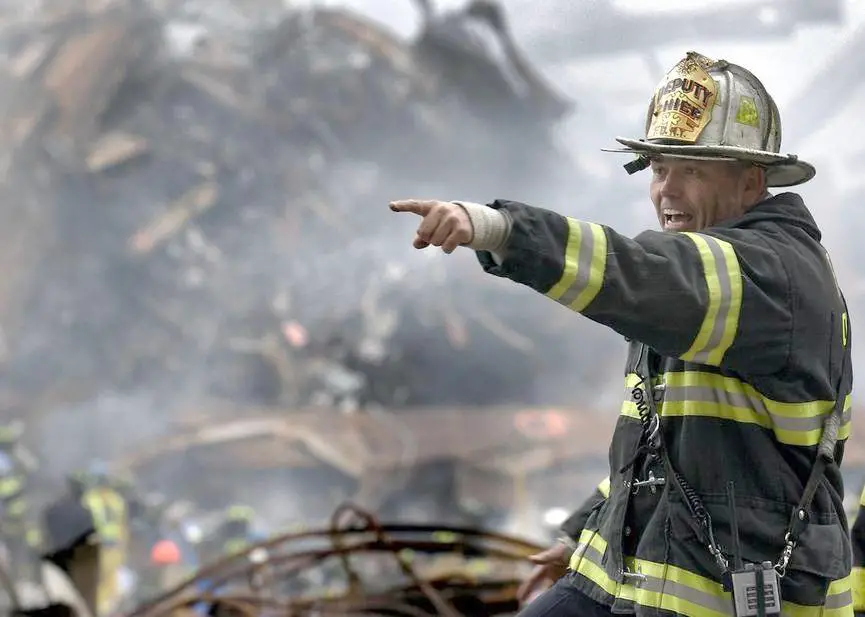It’s hurricane season here in the south. There has been an increase in the number of alerts on my phone warning me of tropical storms gaining strength as they near land, hurricanes sweeping around and knocking cities and countries to the ground, and evacuation notices as they become more urgent and less of a suggestion.
It seems that lately it’s been one massive event after the other, no matter which country you live in. There’s always a flood, or a fire, or tornadoes or hurricanes or blizzards to worry about. When you have a child with severe food allergies, those worries become more intense. How on earth do you prepare for an unexpected event when it’s tough to survive the everyday normal?
The best thing that you can do to prepare for a natural disaster with food allergies is to plan ahead. Having items like bottled water, cans of formula or shelf stable snacks, and extra diapers and wipes can make a huge difference, especially if you need to pack up and evacuate an area quickly. Also, keeping a tote with safe foods and fresh refills of prescriptions specifically for each child can keep safe foods separate if you have more than one child.
Keep a note with allergen information and a photo of each child inside the tote as well. This can help if you become separated or are in an accident where the child would need emergency assistance, because first responders will be able to match the child to the photo and see their list of medications, food allergies, and safe foods. Also, knowing what your evacuation plan will look like is a huge help. Plan ahead to know your route and where you could stop along the way if needed, and keep cash handy with your prepared supplies so you can use it in an emergency.
It seems almost cliche to say plan ahead and stay on top of emergency recommendations, but those really are two of the biggest things that most people don’t do until it’s too late. I am the type of person that doesn’t like to think about bad things like that happening, and I guess deep down I really don’t believe that disaster would hit out house. It’s always been something that would happen to someone else.
One day I had a friend make a comment to me that changed how I thought about disaster preparedness. We were talking about another hurricane coming and I mentioned that I was so thankful we didn’t live on the coast so I didn’t have to think about that unless it turned inland. She gently reminded me that if we were to get in a spot where we needed emergency help, it would be my kids that were punished for my lack of preparation. Me not thinking about it wasn’t making us any safer, and she was right – if we had gotten caught in a tight spot where we had to leave our house, it would be my kids that would be without food (formula) and safe water. I promised myself I would start preparing for situations like that just in case, and you know what? It actually has made me worry about those type of events less than before because I know we are prepared and I know we have a plan that the whole family can follow.
Stay up to date on the news and weather predictions for your local area.
Obviously this won’t work if it’s a disaster like a fire or an earthquake that hits out of nowhere, but for most types of severe weather or emergency events, there are people that specialize in predicting how a storm can approach and how much damage it could do. Keeping a weather radio with battery backup power is a great idea that can help you stay in touch with developing news or weather alerts that you may need to be aware of. We have one of these Midland radios that we got locally at a severe weather event for $30. It has battery backup and it pulls in clear alerts that are issued for the local area.
Make a label for your child’s car seat with their name, address, and allergy information for Emergency Responders
One of my biggest fears when my kids were really young and their FPIES was very severe was that one day I might get into a car wreck with them in the car. Thankfully, that didn’t happen, but I was always worried that if we were in an accident and I was unresponsive for some reason that the emergency crews wouldn’t have a way to know that my kids had FPIES. There are some medicines with dairy and soy in them and there are other meds my kids just have adverse reactions to.
One thing that could help in this type of situation is to create a label for your child’s car seat that has their name, your contact information, their home address, and their allergy information. This can go in a spot under the fabric of the car seat so that it’s not easily visible from outside the car. No need to give strangers in the Walmart parking lot your phone number and address because you never know what kind of crazy people are out there. But, first responders are trained to look for information like this on a child’s car seat in the event of a crash when the parent or guardian is unresponsive.
You can get fancy and type it up on a sticker label or you can just write it on a piece of paper and tape it on there with some clear packing tape. There are also some available on Amazon if you want one that’s ready to go, or if you just need to see what info can go on there. If you have a child with multiple allergies or with FPIES, you are probably going to need a sticker with room for more space on the line for allergies.
We also used medical alert bracelets for our kids when they were young and had a lot of allergies and it said they reacted to. Because there were so many foods that made them sick, we ended up just putting our child’s name, our contact information, and the phrase “ FPIES – Do Not Feed”. The only downside to these bracelets, especially when your child is small and has a small wrist, is that they don’t fit a lot of information on them. You kind of have to be selective and just get the most important information across that you would want someone to know at a glance about your child.
Keep a room or closet in your house with supplies that can be used in case of emergency
If there’s a disaster that comes out of nowhere, every single minute can be precious. In serious cases, it can mean the difference in getting out in time or not. Having all of your materials and supplies for emergencies in one place can make it much easier to know where everything is and what’s important that you might need to grab before you get out. Some things you might consider keeping on hand are: Flashlights and extra batteries, Extra cans of unopened formula, bottled water, and refills of any necessary medicine. Candles can be useful for long term power outages, as well as extra water for flushing toilets or bathing.
If you have access to a generator or can get one when they are in stock, make sure you keep it maintained and that you have a supply of gas to keep it running. One other thing many people don’t think about putting in their emergency supply bag is some extra cash. If there were something to happen in your area like a major earthquake or hurricane that takes out the power in businesses and stores, you may have to rely on cash for purchases and the ATM machines obviously won’t be working if the power is out.
Make sure to check the expiration dates on your food and medicine
It can help to set a rotation schedule so you know when it’s time to check the food that you have stored. Check it all every 3-6 months, when you test your smoke alarm or change your air filters in your home. When I add something like this to a routine I’m already doing, I find that I’m way more likely to follow through and remember to actually do it. When the food or medicine is 3-4 months out from its expiration date, I switch it out so that we use it and then I replace it with a fresh one for our emergency reserve.
Have an evacuation plan
This is something that is really important but most people don’t consider unless there’s a looming emergency. But, if you suddenly had to get up and leave your house in the middle of the night, where would you go? Is there is a friend or relative in another area that would let you stay with them for a few days, or would you need to keep cash in your prep kit for a hotel stay for a night or two? Also, consider the route you would take and print off directions to get there in case there isn’t any cell service or your phone dies on the way.
Even for small scale disasters like a home fire or earthquake, make a plan with your family so that your kids know how to get out of the house safely and where to meet you. We’ve told our kids that if there’s ever a fire in our house, they are supposed to get out of the house as fast as they can and meet us in our neighbor’s backyard by a certain tree. We’ve told them before that even if they get out there first and don’t see one of us, they are supposed to wait there and not try to go back inside the house. We also started practicing our home address and the phrase, “I have allergies” from an early age so that if first responders have to be called for any reason my kids can at least use that phrase before they are given any food or medicine.
Hopefully, you never have to face any of these types of situations, but I hope that you will try some of the strategies in your house sooner rather than later, so that if disaster does strike, you are prepared.

